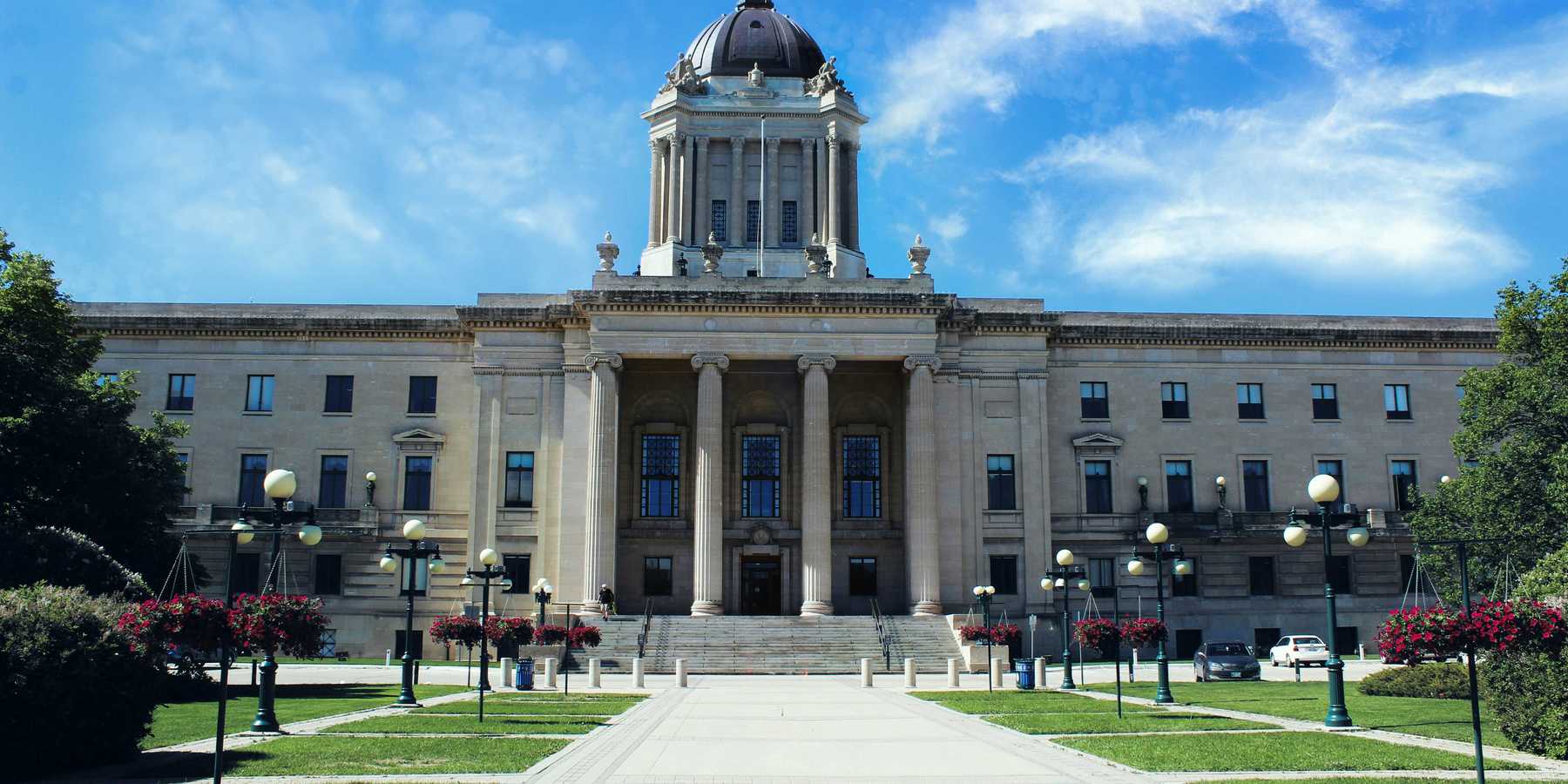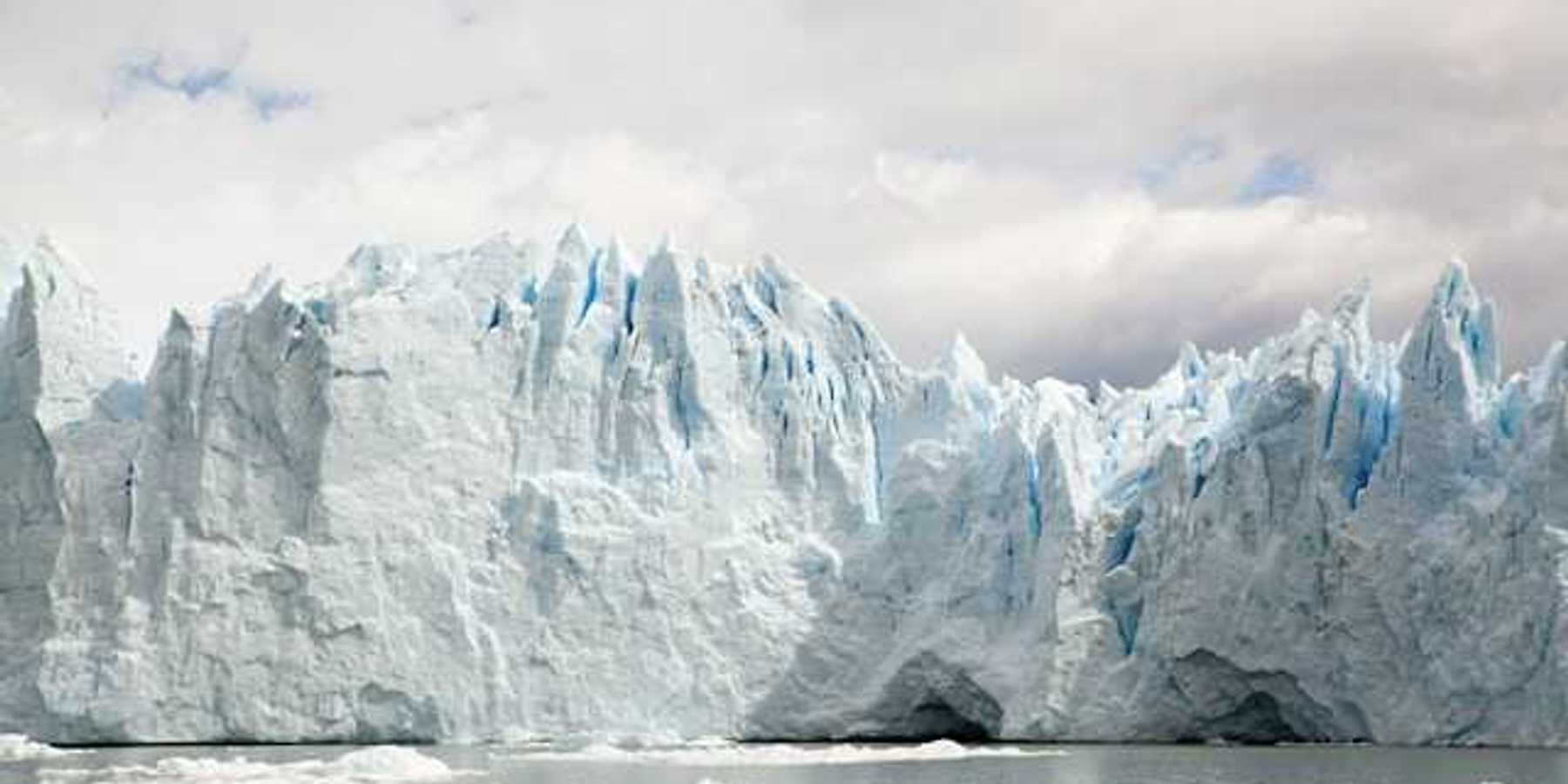Regulation has begun for hundreds of thousands of gas pipelines after decades of industry resistance
Inside Climate News reporter Craig R. McCoy writes that federal safety officials are finally starting to regulate a huge part of the nation’s pipeline system. Many are bigger, riskier "gathering lines" that transport gas from drilling sites.
In a nutshell:
The move is long overdue, according to Bill Caram, executive director of the Pipeline Safety Trust. These pipelines have largely escaped safety oversight and have become more significant and potentially hazardous with the expansion of fracking. The Biden administration's new rules require operators to report and test these pipelines, especially the larger ones, with a focus on curbing leaks, safety measures welcomed by environmental advocates.
Key quote:
Explosions on the lines, Caram told Inside Climate News, “have killed people and injured people and it’s high time these lines were regulated.”
The big picture:
These pipelines, often carrying unprocessed gas from drilling sites, have been a significant source of methane emissions, a potent contributor to global warming. Periodic explosions and accidents involving these pipelines have also posed immediate threats to the well-being of nearby communities. By imposing new safety measures and requiring operators to report and repair leaks, the government has taken a significant step in safeguarding public health and addressing the environmental impact of these major components of energy infrastructure.
Read the story at Inside Climate News.
Global context from EHN: There are 40,000 oil fields around the world with six million people living and working nearby, according to a 2019 study that found oil and gas development is associated with cancer, liver damage, immunodeficiency and neurological symptoms.













